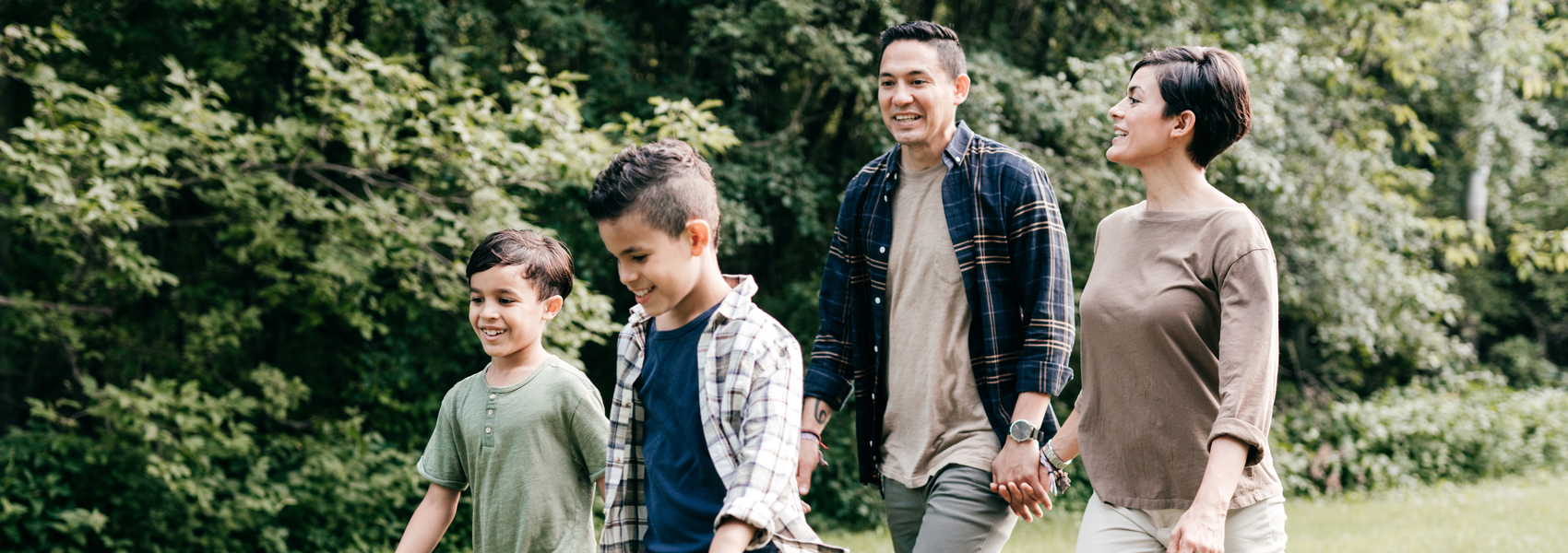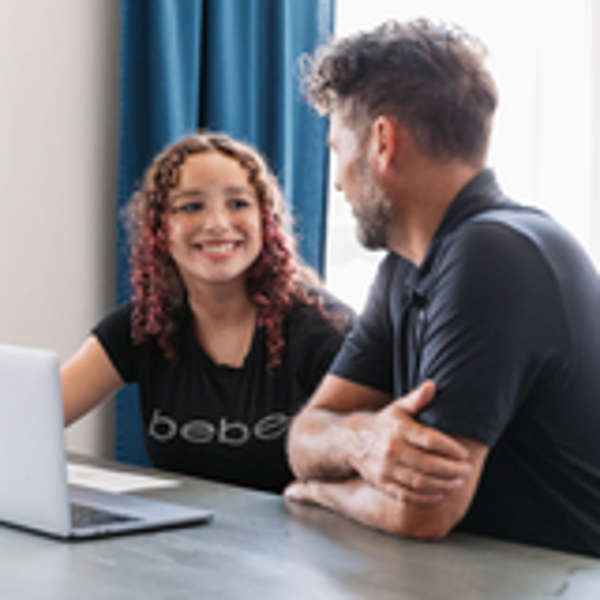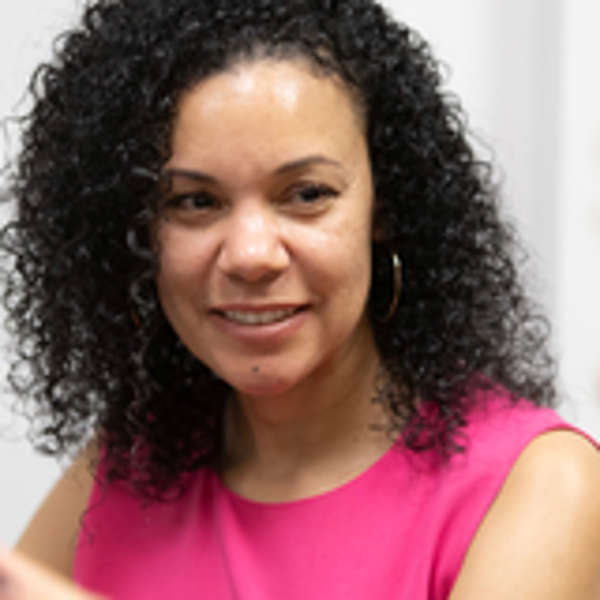6 ways to look out for your kids when you're fostering
Practical ideas to keep your children from feeling overwhelmed
Sheina Martinez, Program Director, Unaccompanied Children

Over seven years, my husband and I fostered 11 children, ranging from 10 months to 13 years old. With each placement, we expected to experience some growing pains—both for the child coming into our home and for our biological kids.
Our kids were 6 and 9 when we became a foster family, but we still involved them in that decision. We talked to them about foster care in a way they could understand: We told them we were providing a place for a child to stay while their parents figured things out, and we asked them if they were open to helping by having another child come into our family for a while.
They saw foster care as exciting—Yay! A new brother or sister!—but they soon realized there was more to it than that. Our life as a family flipped upside down with each new placement, so we followed these guidelines to make sure our kids were not overwhelmed.
1. Check in often.
How is this going? Are you OK? What’s working? What’s not working? What would make things easier?
We asked our kids these questions very soon after each placement. We kept asking throughout the placements and, especially, after the placements ended. They told us what was going well and what was getting on their nerves, and they often had helpful ideas to share. For example, our kids suggested that bedtime would work easier if they could stay up a few minutes later, and they were right.
These check-ins helped ensure our kids were staying healthy, doing well, and feeling loved. As parents, it’s our responsibility to make sure our kids are finding balance and know they’re being heard.
2. Plan “dates.”
You know date nights with your spouse create opportunities to connect; intentional one-on-one connection with your kids is also important. We took advantage of visitation times. When our foster child had a two-hour parent visit, we’d take our kids for ice cream or go to the park. It doesn’t have to be elaborate or cost money; the purpose is planned time together with your children.
3. Be honest.
We talked to our kids in general terms about what was happening with each foster child’s case. They knew (generally) why the child was coming into care, when court dates would be, and how court might go: “She may be leaving soon to stay with her grandmother,” or “His mom is going through a hard time, so he needs to stay here a little longer.” Basic information helps your kids anticipate what could happen and feel like they’re part of family decisions.
4. Find commonalities.
When children are placed in your home, it’s easy at first to see differences between them and your kids—different hobbies, different upbringing, possibly a different race or ethnicity. But you’ll soon discover things they have in common, things that can help bring them together. Maybe they all like brownies and would enjoy making them together.
5. Take small breaks.
We have a large extended family, and we’d let our kids spend the night with their cousins to get a mini break when they needed it. I know not everyone has the luxury of local family or friends you can trust with your kids; but if you do, go for it. When your kids can “get away,” they get to experience being the guest at someone else’s house where maybe they get to choose the evening activity, pick what to eat for dessert, or just enjoy a day where they don’t have to do chores.
6. Take bigger breaks.
We took two- or three-month breaks between each foster placement. This gave our family a chance to recuperate on many levels. It was good for our kids, good for our marriage, and it gave us time to catch up on what needed attention around the house (painting, repairs, laundry, etc.). During these breaks, we found ourselves talking about the kids, things we missed (and sometimes didn’t), and what we’d learned. Each placement got easier as we processed the foster care experience with our kids and built up our strength to help more children slowly rather than burning out quickly.
Yes, there’s a great need for foster families, and it’s easy to immediately jump into the next placement and the next. But taking time to process and regroup as a family is important.



